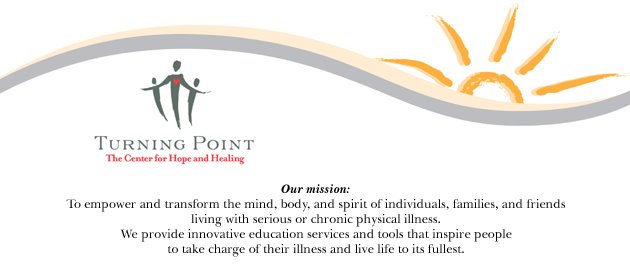How much sleep do you really need? While sleep requirements vary slightly from person to person, most healthy adults need at least eight hours of sleep each night to function at their best.
However, a recent survey found that more people are sleeping less than six hours a night, and sleep difficulties visit 75% of us at least a few nights per week. If you’re not getting the optimal amount of sleep, you are putting yourself at risk for health problems such as weight gain, high blood pressure and a decrease in the immune system’s power.
Sleep is important! It affects:
Learning and memory: As mentioned on Friday sleep helps the brain commit new information to memory through a process called memory consolidation.
Metabolism and weight: Chronic sleep deprivation may cause weight gain by affecting the way your body processes and stores carbohydrates, and by altering levels of hormones that can affect your appetite.
Mood: Sleep loss may result in irritability, impatience, inability to concentrate, and moodiness.
Cardiovascular health: Serious sleep disorders have been linked to hypertension, increased stress hormone levels, and irregular heartbeat.
Disease: Sleep deprivation alters the activity of your body’s NK cells and can affect your immune system.
Short of taking a pill, there are numerous ways to encourage a good night’s sleep.
Relaxation is always beneficial, but especially if you are struggling with sleep. Practicing relaxation techniques before bed is a great way to wind down, calm the mind, and prepare for sleep. Some simple relaxation techniques include:
Sweet dreams!
Moira

No comments:
Post a Comment